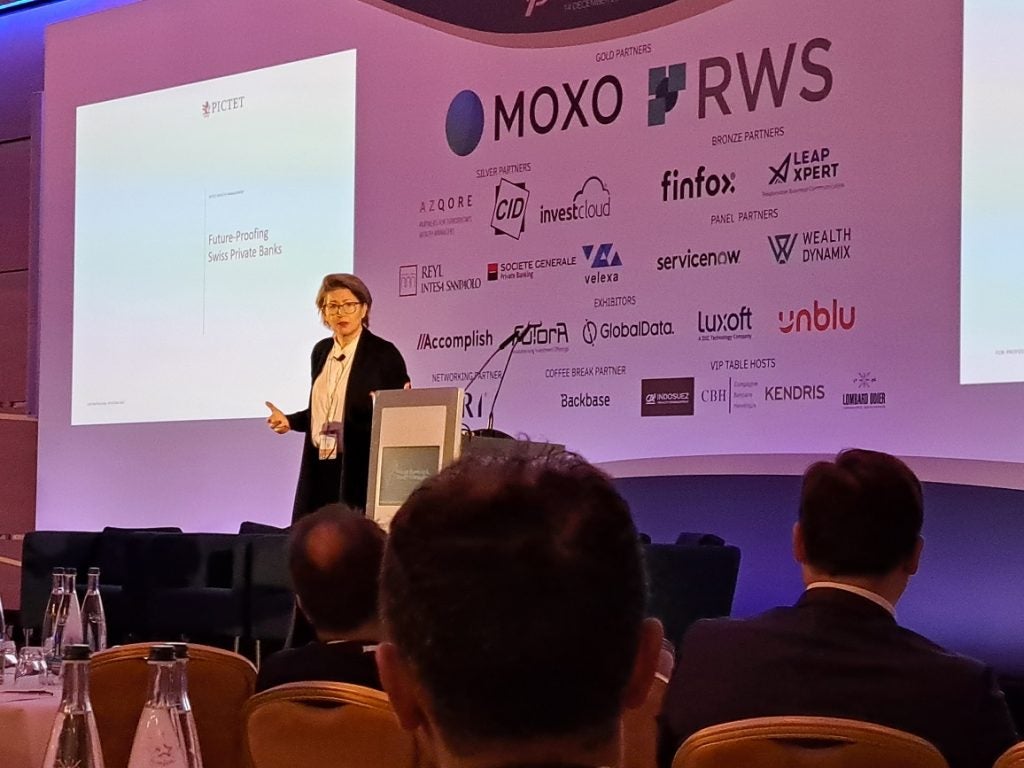Simply put, investors do not like instability. Prosperous markets are all about steady development and confidence, and recently, the situation in Hong Kong – as well as the sentiments around it – have been anything but stable.
This does have a drip-through affect on its eminence as a lucrative and attractive financial hub for investors around the world.
The unrest in Hong Kong, popularly called the Umbrella Movement, arose due to protestors demanding more controls in the upcoming direct elections, scheduled for 2017, for which the Chinese government wants to dictate choice of candidates.
This will hugely limit the democratic process associated with the chief executive election – as it has done in the village-level elections in China – and Hong Kong’s student population is in no mood to comply.
The protests have rumbled on for weeks now and have caused disruption for businesses across the board – from retail to tourism – but the repercussions for the financial sector on the whole, in particular the wealth management and private banking verticals, are not ones that can be forecasted with immediate effect.
When one names the top cities for private banking and wealth management across the globe, Hong Kong – with its open borders to investors – always crops up among the first five. In Asia, it is Hong Kong and Singapore that stand to rival wealth hubs such as London, New York, and Geneva.
How well do you really know your competitors?
Access the most comprehensive Company Profiles on the market, powered by GlobalData. Save hours of research. Gain competitive edge.

Thank you!
Your download email will arrive shortly
Not ready to buy yet? Download a free sample
We are confident about the unique quality of our Company Profiles. However, we want you to make the most beneficial decision for your business, so we offer a free sample that you can download by submitting the below form
By GlobalDataThe lure of Hong Kong, much like these other cities, largely lies in its international appeal, wealth generation, growth potential, economic freedom, and most significantly, social harmony, that – till recently – progressed sans disruption.
It is, however, a question of whether Hong Kong will continue to be viewed and preferred by global investors – leave alone the Chinese wealthy next door – as a financial powerhouse, a status it has toiled towards procuring and nurtured carefully.
At the start of the protests, several large firms in the financial sector showed signs of worry. The stock market dropped by over 2% (though it regained momentum soon after), adding to the woes.
Banks such as HSBC, Standard Chartered, Bank of China Hong Kong, China CITIC Bank International and Bank of East Asia, to name a few, temporarily discontinued services in certain areas – admittedly feeling ramifications of the on-going protests.
Accountancy firms such as KPMG and EY put back up plans in place for employees to work from home, as did the world’s largest money manager, BlackRock.
However, for most private banks the party line throughout has been "business as usual".
Though some private banks have admitted to (in hushed whispers) potentially feeling threatened by the protests’ repercussions, none of them have reported investors withdrawing any wealth from the region. Unsurprisingly so. Perhaps, no one wants to be the first voice of doom. Perhaps it has not happened. Yet.
The Hong Kong Monetary Authority (HKMA) also backed the stoicism saying it expected the city’s money markets to operate as normal.
Earlier in the month though, French multinational luxury goods conglomerate, LVMH, warned that the protests in Hong Kong "are going to have an impact" on sales as it is one of the major luxury hubs in the world. If the protests continue, Hong Kong’s global competitiveness will be at risk.
In the long run, this may be good news for Singapore’s economy, as several wealthy clients could slowly but surely defect there.
For now, the dent to Hong Kong’s safe and steady image has been made. It is questionable whether HNWs and UHNWs will be comfortable trusting their billions in Hong Kong while it goes through continued duress, and the period that follows.
Reassuring statements and back up plans such as ‘working from home’ may not, then, be good enough





